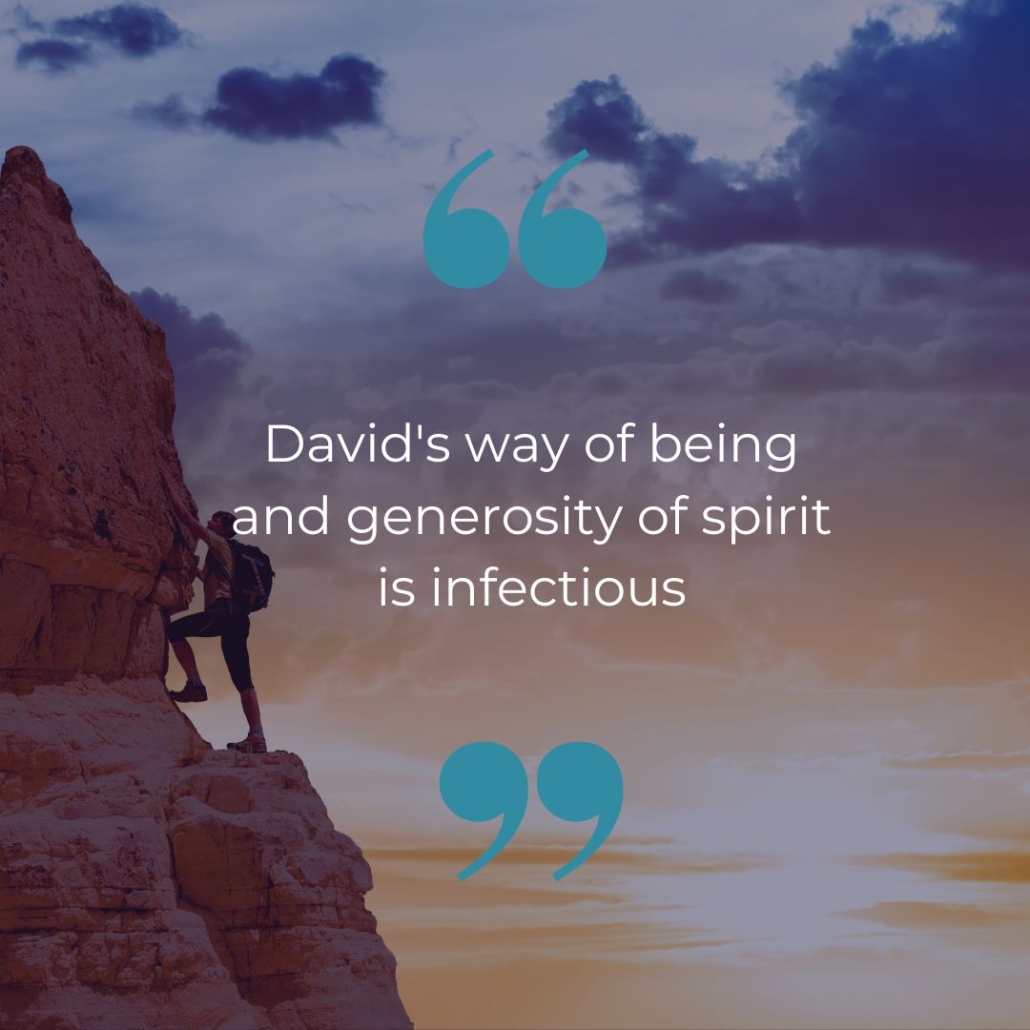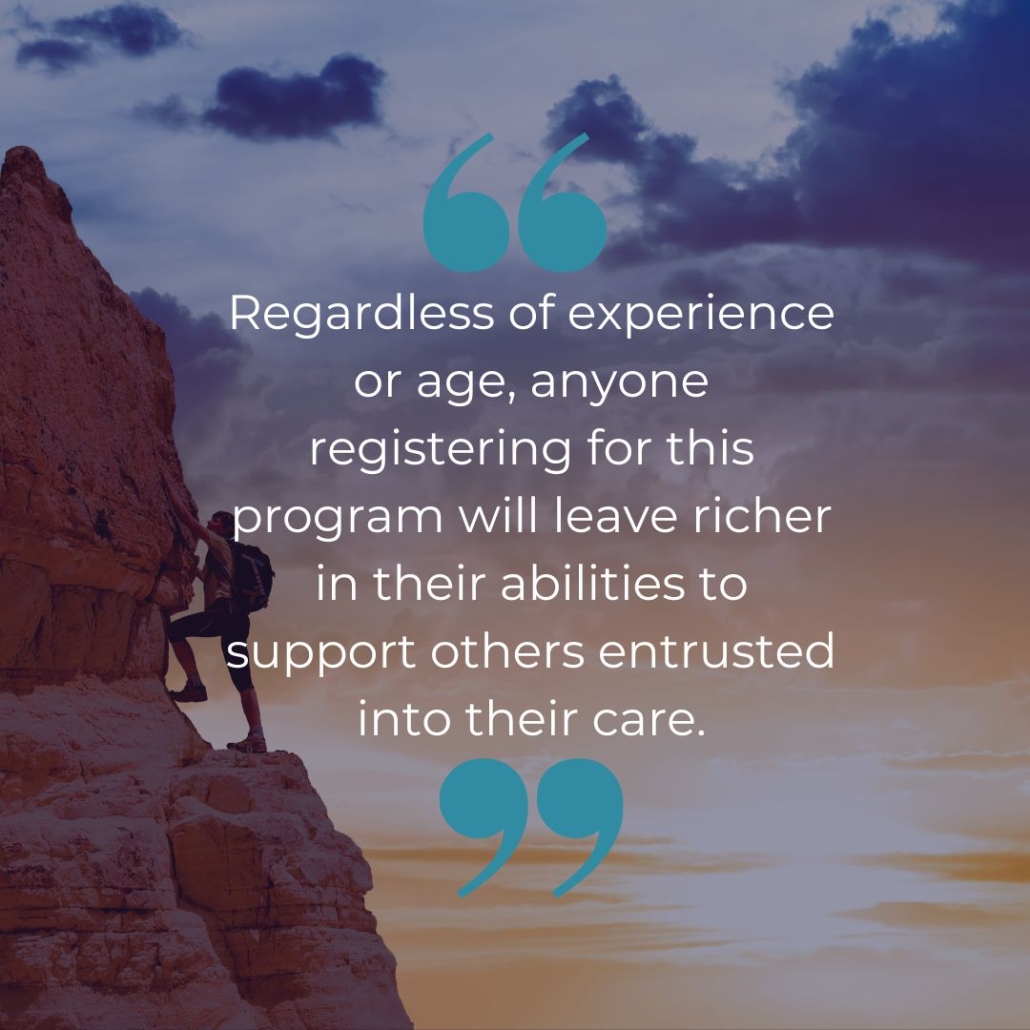Kids, Smart Phones, and Mental Health
If you are a parent or caregiver of a child, you will, in one way or another, deal with issues of devices, technology, and the internet. For years I have been concerned about the impact of technology on mental health, particularly on young people and it’s time for me to speak up.
To hear what researchers now know about the dangers of giving a smartphone to a child before they’re ready, I recommend Cal Newport’s podcast https://lnkd.in/gVx2SdpD
Cal is an MIT-trained computer science professor at Georgetown University who writes about the intersections of technology, work, and the quest to find depth in an increasingly distracted world. This podcast provides a thorough history of the research on technology and kids, including how it started, evolved, adjusted to criticism, and, over the last few years, ultimately coalesced around a rough consensus.
A few interesting observations that Cal uncovered:
- 2012 was a tipping point for technology and mental health. Since then, we have seen a significant rise in depression and anxiety among young people. 2012 was exactly the moment when the proportion of Americans who owned a smartphone surpassed 50 percent.
- Researchers, after wrestling with the issue now for more than ten years, generally agree it is not safe to give a child unsupervised access to the internet until they are at least 16.
- Forget about technology monitoring your child’s internet use. Kids are smart enough to find a way around security apps.
- If you want your child to use a phone to communicate with you, give them a phone with no access to the internet.
Like Cal, I’m convinced that our culture and subsequent legislation will eventually adapt to the now undisputed research.
We don’t allow children to gamble or buy cigarettes or alcohol. Why do we allow them to have unsupervised access to the internet? Ten years from now, there won’t be much debate about what’s appropriate when it comes to kids and these technologies. Until then, however, we’re navigating this territory on our own, so the more we know, the better off we’ll be.
If you want to learn more about my approach to child raising, I hope you’ll join me in this month’s Complimentary Webinar on raising accountable kids. Everyone who attends the webinar will receive a complimentary pdf of “Raising Accountable Children .”https://lnkd.in/d37Prt4a







